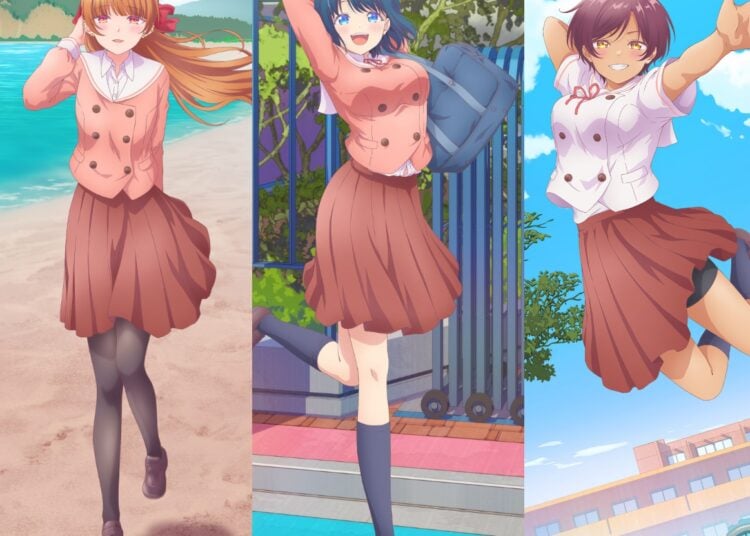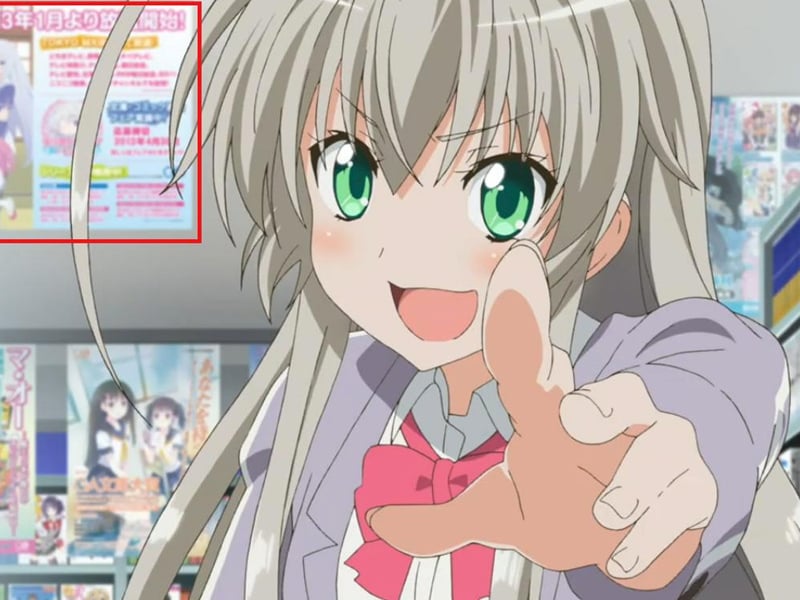The Winter 2019 anime season is wrapping up, and I’m enjoying watching the final episodes of each series I’ve been following. The final episode of Domestic na Kanojo aired, which was a satisfying bit of sweet anime trash I couldn’t pull my eyes away from. Did you enjoy the series?
In the final episode, there’s a scene where the flamboyant master of the coffee shop invites Natsuo to a nearby public bath so they can talk, where it’s revealed that he’s got a huge full-back tattoo. Japan famously has some issues with tattoos, as they’ve been historically associated with yakuza criminal gangs and most public baths and onsen ban customers with tattoos. It’s quite a silly thing to have a national obsession over — it’s not unlike Singapore’s obsession with banning all chewing gum in order to create a more beautiful environment for everyone. Sadly it affects foreign visitors, who often have tattoos. If you’re planning to visit Japan and want to experience its unique bathing culture, you can find through Google.
I also thought people might be curious about the na in the middle of the anime title, and thought I’d explain. All languages make heavy use of foreign loan words, importing words from other sources, and all languages have to evolve systems to deal with the differences in those other languages. Depending on how you measure it, around 50% of the vocabulary used in English comes from French, and you can find French grammar still existing in English, in words like Surgeon General.
Japanese has three ways to shoehorn foreign words:
- So-called na adjectives, which use the word na in between them to bridge the adjective and the noun. There are Japanese words like kirei na hana (“pretty flower”), and foreign words can conveniently use this system too, e.g. happy na onna no ko (“happy girl”). I’ve even seen epokkiumeekingu na ibento (“an epoch-making event”).
- The verb suru means “to do,” and you can instantly create a Japanese verb using any English word. When the J-List staff scans the new issue of Newtype for posting to the site, the verb is sukyan suru, or to scan, for example. If you steal someone’s idea on the Internet, you might be accused of having done kopipe suru, or copy-paste.
- Finally, the Japanese sometimes force Japanese verbs out of foreign words, like when Hachiman’s sister invented the word jamuru, meaning “to have jam on one’s face.” The most common example of this kind of English word borrowing is the verb guguru, meaning “to Google some information.”
Have you enjoyed the current anime season? Did you find any sweet anime trash to enjoy? Tell us on Twitter!
Great news! The new anime magazines are in stock for the month, and we know you’ll love them! Browse the new Megami Magazine and Megami Deluxe, Dengeki G’s Magazines and more!

















